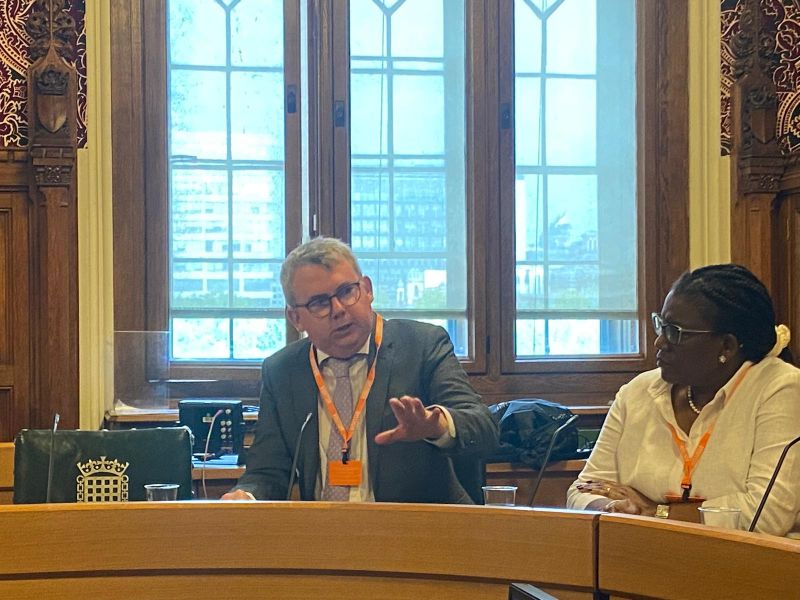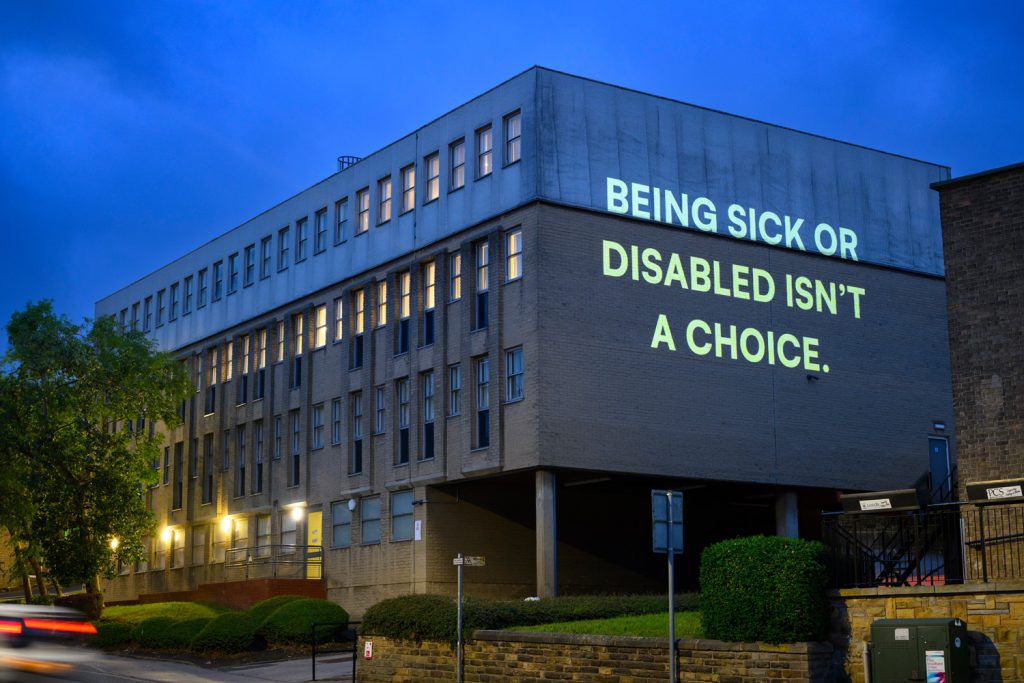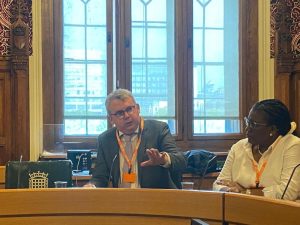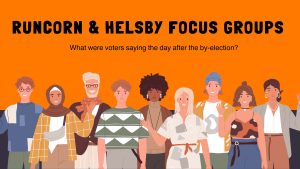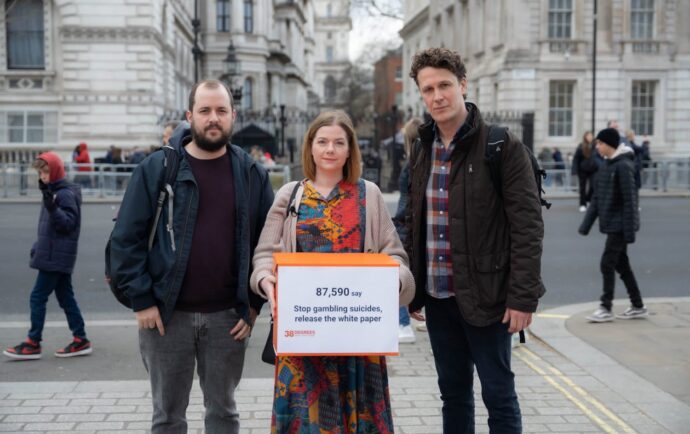
Oct 9th, 2014
TTIP: WHY POLITICIANS ARE WRONG
By Bryony Walker
Last month, Vince Cable- Secretary of State for Business, Innovation and Skills- wrote to MPs trying to convince them that TTIP isn’t a threat. The arguments he uses are very similar to those that politicians in support of TTIP are coming out with. Thankfully, expert John Hilary– executive director of War on Want– a group that campaign for human rights and against the root causes of global poverty, inequality and injustice- has written a fantastic comeback. It spells out why politicians are wrong about TTIP and can be used when talking to MEPs and MPs.
Below is Vince Cable’s letter:



John Hilary, from War on Want:
1. NO ECONOMIC BENEFITS
Vince Cable claims that “plausible economic studies suggest that a successful agreement between the EU and the US could bring economic benefits of up to £10 billion annually to the UK.” Nothing could be farther from the truth. His own government has already admitted to us in private meetings that these claims are anything but plausible, and that no one takes them seriously. For more detail on the true economic impact of TTIP, and the widespread rejection of the government figures, read our mythbuster for MPs here.
2. ONE MILLION LOST JOBS
To suggest that TTIP will bring more jobs is a perversion of the official impact assessments. According to the main report commissioned at the start of the negotiations, TTIP will lead to the direct loss of at least one million jobs in the EU and USA combined. If the negotiations conclude with the ‘ambitious’ deal that they hope for, then at least two million people will lose their jobs.
3. SMALL BUSINESSES AT RISK
It is also untrue to suggest that small firms will benefit more from TTIP. The consequence of almost all free trade agreements has been the further concentration of markets in favour of monopoly capital, not smaller enterprises. For this reason, the association of German small businesses, the BVMV, has rejected entirely the new powers that TTIP would give to big business.
4. DEREGULATION
It is entirely disingenuous for Cable to suggest that TTIP aims to maintain high environmental and labour standards. The entire point of TTIP is to remove the regulations that corporations have identified as ‘barriers’ to their operation, including through the ‘mutual recognition’ process that he accepts will continue. For more detail on this, read War on Want’s longer study on the threat of TTIP.
5. NHS UNDER ATTACK
Cable is conscious that many people are concerned about the threat of TTIP to the NHS – and rightly so. His claim that the NHS is safe from privatisation under TTIP rings particularly hollow, seeing that his government is responsible for having already opened up the public service to private providers through the Health & Social Care Act 2012. Ken Clarke MP, who was previously responsible for promoting TTIP to the British public, admitted openly that the NHS is vulnerable under TTIP, and the European Commission has also confirmed that health services are included in the TTIP negotiations.
6. NEW POWERS TO CAPITAL
Cable also tries to downplay fears over the new rights that TTIP will grant US corporations to sue the UK and other European states before secret courts. Yet the government’s own impact assessment, commissioned from the London School of Economics, has stated clearly that we will face an onslaught of these claims from US corporations if we sign up to TTIP, with no extra investment as a result. The European Commission was forced to hold a public consultation on these controversial new powers earlier in the year, and they received a record 150,000 responses telling them to reject them outright.
7. LACK OF TRANSPARENCY
Finally, Cable suggests that it is unfair to accuse the government of a lack of transparency over the EU-US negotiations. Yet even his own government officials have complained to us that they are being kept in the dark by the European Commission! All the key documents relating to the TTIP negotiations have been marked with a 30-year ban on public access, and our own elected MPs have no access to anything but the ‘position papers’ (propaganda) of the EU. In trade negotiations, there is no substitute for the detailed negotiating documents themselves, and these are completely hidden from all of us except through leaks.


